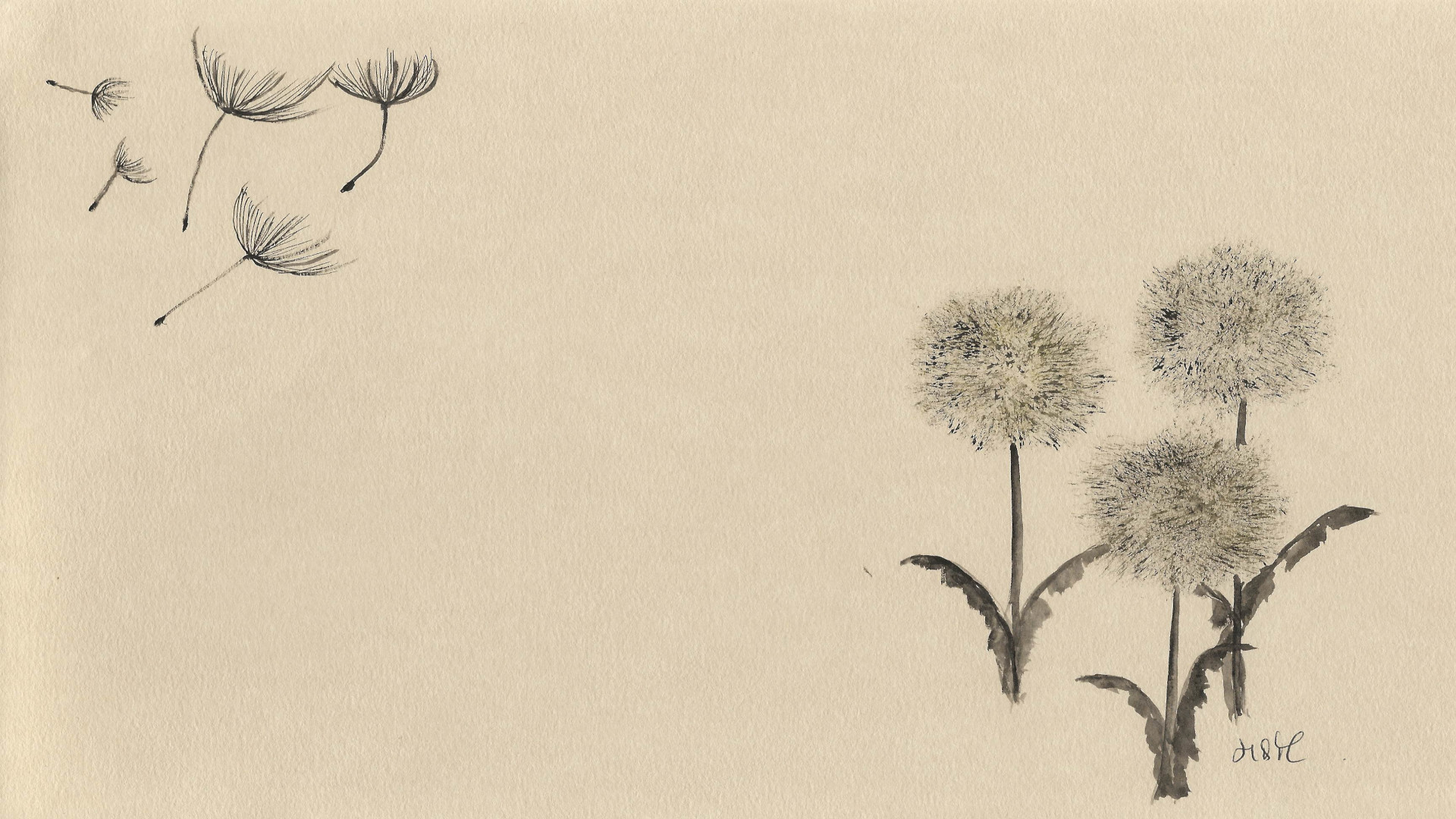
Mindfulness / Meditation
Learn to live where you are and not where you think you want to be.
- Erwin James
There are two qualities we develop by doing mindfulness - attention and kindness. Both improve with practice.
Attention
We use attention to keep our focus on sensations in the body - sensations of the immediate moment. This sounds simple but is surprisingly hard.
When we are busy noticing current sensations (pleasant, unpleasant and neutral) we have already put aside our mental proliferation and so are free of the suffering that comes with it. As with any experience, this is moment to moment, not ‘Now we’ve got it and we’ll keep it’.
As we practice we get lost in thought countless thousands of times. Each time we bring our attention back to sensations.
Kindness
How do we bring ourselves back?…
We discover that there is an emotional tone to the way we bring ourselves back. At first this may be, “I must do it right” or, “There I go again, I’m no good at this”. Gradually we learn to value the quality of kindness in the practice.
Patiently repeating this exercise the nervous system becomes used to being in a state of contentment that does not depend on seeking pleasure or distraction. Over time this has great benefits. Strangely, when mindfulness is hard it still has benefits…
Our failure to meditate is our greatest teacher
- Ajahn Sucitto, Buddhist monk
Health warning: letting go of an habitual mode of distraction is no small thing. The distraction is used to protect you from something. If you are determined to practice on your own, go gently. But if you get replays of traumatic experiences, get help. Humans have evolved to recover in co-operation: please see the nervous system